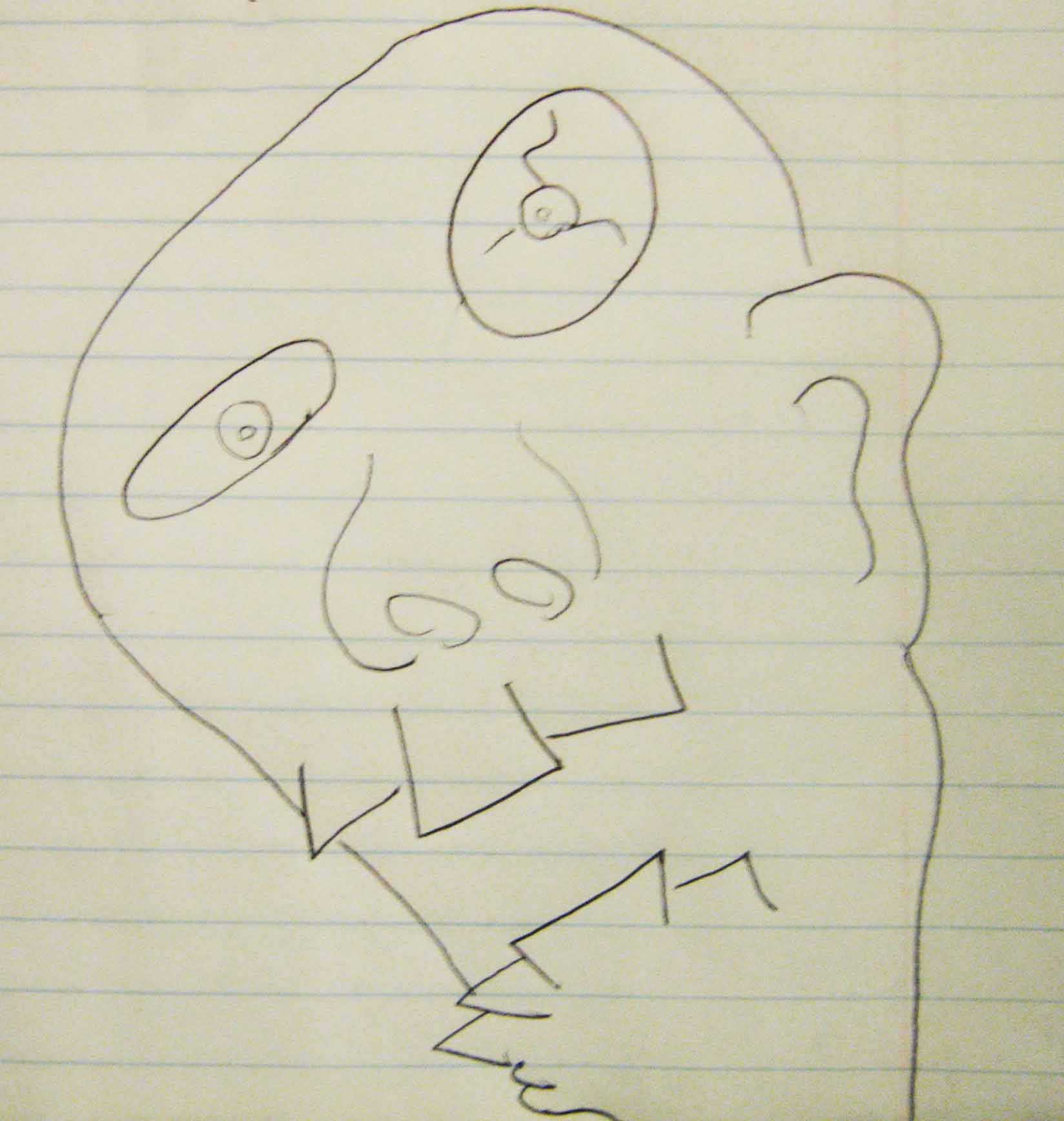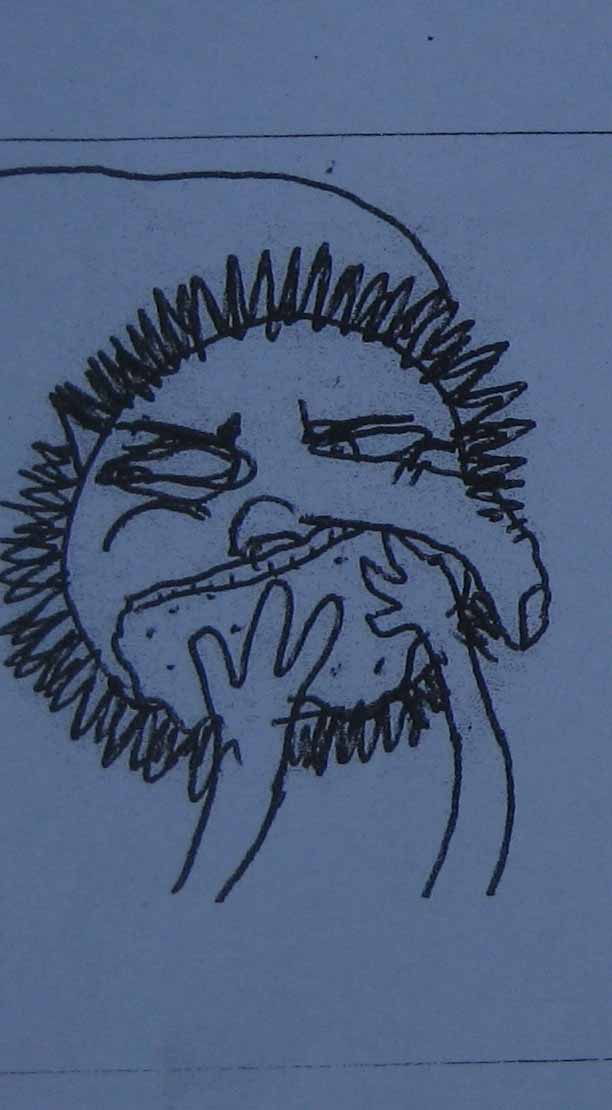




First Last Next Home
Primo Annum Vices Versus Virtues
It's been an entire year since The Life of Riley officially started.
Of course I'm talking about the game that I created to track my life with a system of points, which is also dubbed Vices vs Virtues.
The game had developed out of an attempt to implement a small but regular personal exercise routine.
Several times since my adolescence I had excitedly initiated new exercise routines, which always quickly fizzled out.
This time I decided to lower the activation barrier, and only require a daily exertion of 10 pushups.
When inspired, I could do as many as I wanted, but most importantly I would do it every day.
I don't remember just how long I kept that particular routine up for, and I didn't keep track, but I was feeling pretty good about my perseverance for a while.
I would typically just do the 10 pushups, but I was also challenging myself by doing incline pushups with my feet propped up.
My goal was to be able to do a handstand pushup someday. I'd kick my feet up on a railing and give myself 10.
I'd walk my feet up the backside of my steep attic stairs and give me-self 10. And then one day I woke up and my neck was really tight.
It was very uncomfortable and I decided that I had to take a couple of days off.
It bothered me that I needed to take the break, because I knew that the regularity of the routine was very sensitive and could easily fizzle out like my earlier attempts.
One day, when I was wearing one of my best thinking caps, I came up with an idea.
It was the thinking cap that I don when I'm driving to work in the morning and I turn off the radio.
The audible hum of my first cup of coffee churns around in my brain.
The mundanity of my morning commute distracts the part of my brain that doesn't want to stay still.
And things start making sense. There were at least two things wrong with my pushup routine.
For one, there was no rotation. That's how I ended up overworking one part of my body. And the other was there was no accountability.
I didn't keep track of whether I did the exercise on any given day. Some days I couldn't even remember if I had done the pushups earlier that day or not.
And there was no penalty for missing them. I started thinking about incentives and how I get more motivated to get a high score on a video game than to work out.
So why not make my life a game where I get points to do exercises and other beneficial activities.
I came up with a set of rules that, at their core, haven't changed much over the year. I would gain a point for a daily rotating exercise.
Iíd get 2 points for the two mini stretch sessions my chiropractor told me to do. Iíd earn a few points for working on a creative project.
The ways to make points grew over time, and I listed the full set of rules 2 months in here. Missing one day of exercise would cost me one point.
And Iíd spend points for each coffee or alcoholic drink that I had. And the essential component to this system is that I would keep track.
I put together a crude method of tracking the points in google keep.
Little did I know, the method by which I tracked the points would be the most captivating part of the entire game.
Pretty early on I found an app called Tasker that, among other things,
could let me program a graphic interface to log my point values.
Throughout the year Iíve spent many many hours programming tasks in Tasker to count and record my point system while adding complexity to the system along the way
and simplifying the code when I could. Once I got into Tasker, it didnít stop with the point system.
I made myself a customized reminder app, and several note taking apps, and as an indication of how into it I am, I even wrote the majority of this post within a Tasker
interface that I built. Every now and then I ask myself why I get such a kick out of programming automated tasks.
It can be really tedious, and if I'm not in the right frame of mind, a page of my own code just looks like an ugly frustrating mess.
But when things start clicking, and everything falls together and actually works, that's a really exciting feeling. I realize that I really like logic and I really
like puzzles and having a challenge in coding is really just a modern day logic puzzle. And unlike a puzzle that's just for fun, a piece of code also accomplishes a
task for you. I don't know if I'd still be playing this game if I hadn't gotten so wrapped up in writing the tasks in the tasker app, but I feel pretty invested now.
The other thing I ask myself is whether or not playing this game has actually helped me or not.
I do a pretty good job hitting the minimum exercises, but usually donít push myself more than the game demands.
There are plenty of important things for me to do, and I sometimes feel like I canít assign a point value to them, and other time I feel like I shouldnít.
So it can feel a little weird when Iím contemplating whether I should hang out with a friend or not because I need points,
but I think Iím pretty good about making the right decisions. One thing that the game affords me is introspection.
Like a journal, I keep track of my life and take tabs on where Iím at. What I do now is I write a review of each day, and then every week I summarize those reviews and so on.
When I review my progress I consider making changes to the game, in a way that maintains a challenge, but doesnít make it so hard that I give up.
I can at least highlight things in my life that I want to remember to either change or reinforce, and I try to tailor the game to accommodate those choices.
The game continues to evolve, and for now Iím having fun. Iím not sure where itís all going to end, but I know itís been a whole year and it hasnít fizzled out yet.